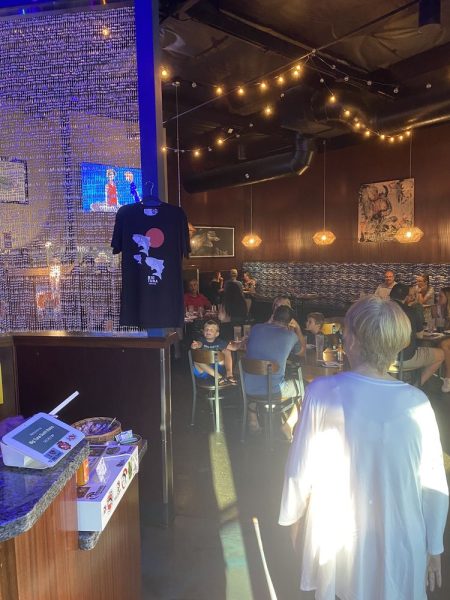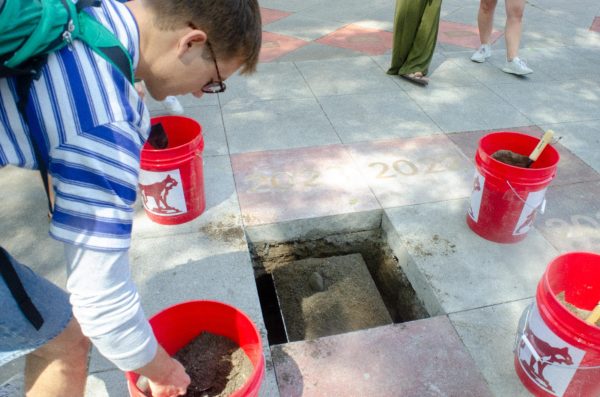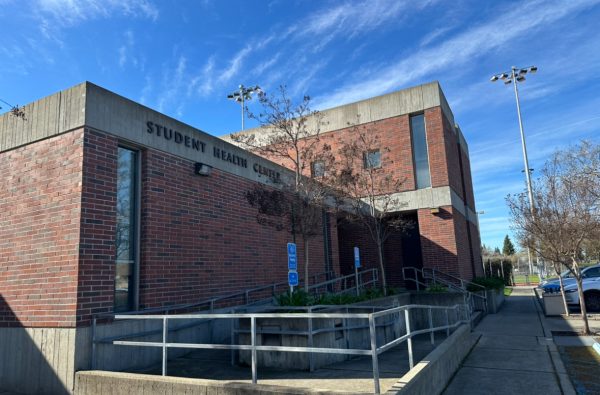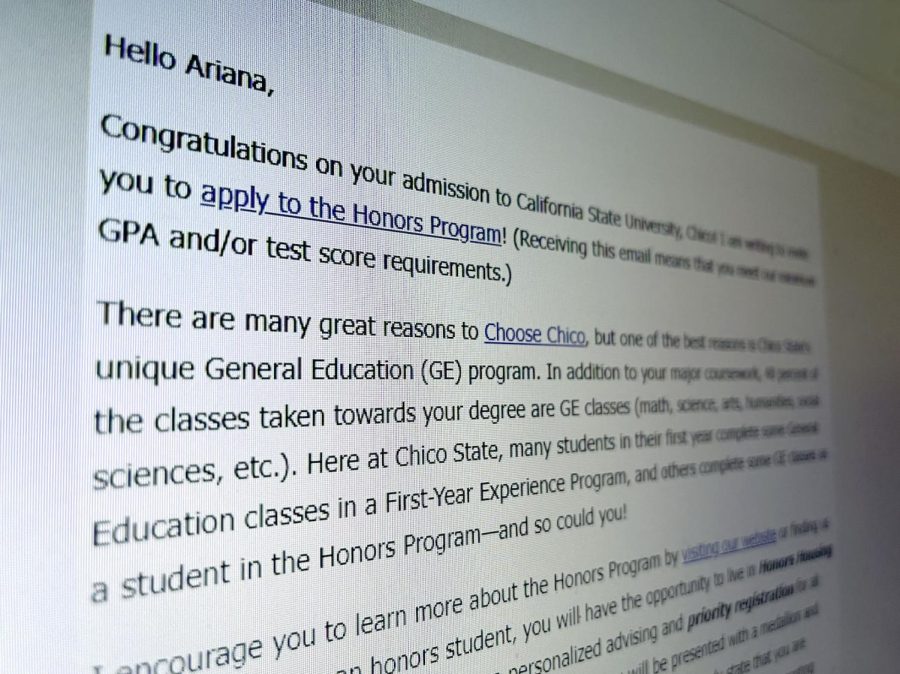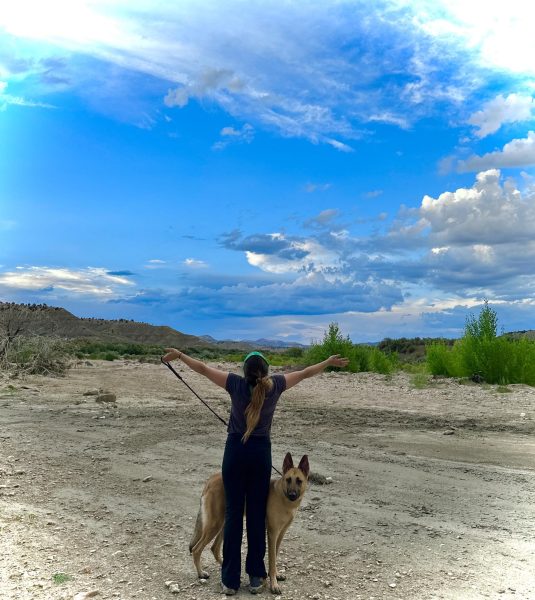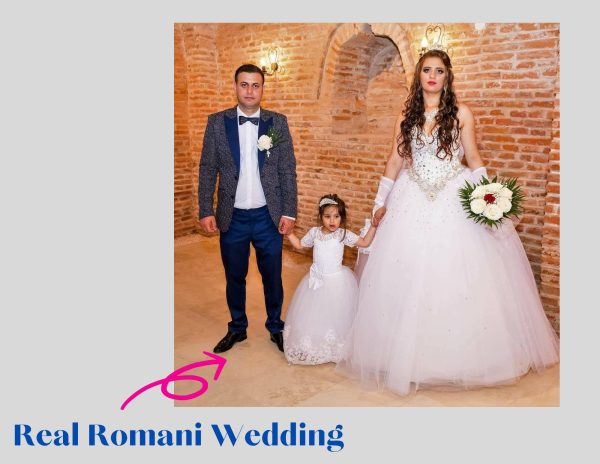Honorstly: behind the scenes
The email received in 2020 inviting me to apply to the Honors Program after choosing Chico State.
In February of 2020, before I started my first semester at Chico State, I received an email from the Honors Program.The program is a part of undergraduate education, and they were inviting me to apply. I remember being very excited, I didn’t spend my high school years in honors and AP courses to just stop there.
I overthought every part of the application. I worried my transcripts weren’t all that impressive, or maybe my short answer responses weren’t creative enough. After I clicked the submit button I waited and waited, hoping that I would make it into the program. Eventually I received a big envelope in the mail, the one that contains the letter with the Chico State seal and the certificate that says “Congratulations!” in large, cursive font.
A couple months later I attended my first honors course online. A nine-unit Honors Survey of Civilization, a course that surveys civilization from the start to the present. I had a lot of fun in the course, analyzing past civilizations through a humanities lens was my bread and butter because of my interest in art, music, history and other related areas, but I was unpleasantly surprised by the amount of biases that seemed to exist within the program.
Most of the people in my course, myself included, were fresh out of high school, and were used to being in honors courses. This seemed to breed an us-versus-them mentality. Us, being the honors students, and them, being non-honors students. Some even thought that it would be alright to cheat on quizzes simply because they were in the Honors program, and therefore thought that they couldn’t be punished.
Since then, I have been concerned that the Honors Program at Chico State could breed a sense of elitism due to it being a seemingly exclusive society not too dissimilar from a sorority or fraternity.
My concerns have since been somewhat appeased after I learned that over the past year the program has undergone extensive changes. The Honors Program Director, Jason Nice, Ph.D., who also teaches in the Honors and History programs, detailed the changes that have been made.
“Last year, after consultation with students, honors and non-honors students, and faculty, and staff, we made the decision to drop the GPA requirement from high school,” Nice said.
The program also dropped SAT requirements, and now sends invitations to apply to all in-coming students, including transfer students. These changes, and course expectations were voted on by the Curriculum Advisory Board Committee.
To replace these application requirements, students are now asked to answer a couple of questions, like “What comes to mind when you think of ‘excellence?’”
This idea of excellence, however, remains ambiguous. Nice said that the aforementioned question is meant to be open-ended, leaving room for each student to personally define how their experiences have shaped their view of excellence.
The Dean of Undergraduate Education, Kate McCarthy, Ph.D., expands a little bit more on the concept, and said the Honors Program has intentionally focused on finding a better definition of excellence, a more inclusive definition.
“It [academic excellence] is the result of applying curiosity, and discipline to a problem about which you are passionate,” McCarthy said. “If we take out the personal relevance for students and look at just test scores and life, it is a very narrow look at academic excellence.”
Nice said that the honors program curricula are designed to have a “cohesive learning pattern.” That honors courses feed one, into another, into another. The courses I’ve taken so far seem to follow this idea. Most of them share similar readings,emphasize discussions on social and racial injustices, and environmental issues and how we can help solve them.
McCarthy said that Nice works very closely with his faculty to discuss expectations and program goals, but the professors themselves remain autonomous, they create curricula the same as any other professor.
Professor Kristen Mahlis, Ph.D., who teaches in the Honors Program and in the Department of Multicultural and Gender Studies, said that in the honors course she teaches, her duty is to “harness students’ abilities to be creative and think outside of the box.” While, in her non-honors courses, she views herself more as a cheerleader-type figure.
Mahlis additionally said, because honors courses are interdisciplinary and team-taught, it helps teach students “to have their own way of thinking, and that there are multiple perspectives.” That this is the biggest difference between honors and non-honors courses.
She also said that the program at Chico State is not meant to divide, and “The goal [of the program] is to have the door as open as possible, to transfer students especially.” However, the title “honors,” can be off-putting, but the program itself is inclusive.
Nice said that “honors is a loaded word.” McCarthy said something similar, that “honors has an elitist ring,” and that there have been discussions about the name. She continued saying that, however, just as much as a student can strongly identify with their major title, the “Honors Program” students can have a strong attachment to this name too.
If they were going to change the name of the program, McCarthy says that they would want to open up a dialogue with the students. To have the new name come “organically from the students.”
Creating a dialogue with students, both honors and non-honors, is a big theme in the program. Nice said that the honors program talked with students when making the decision to abandon GPA requirements. Students also asked for a new capstone pathway in the honors program. In honors students’ final year at Chico State, they are required to enroll in two one-unit courses, the first in the fall semester, the second in the spring semester and potentially other support courses to allot time to work on a capstone project.
Honors students now have three different pathways that they can choose from, a thesis, a creative project and the newest addition, a leadership project. This newest pathway was established last semester, along with the other program changes. It also requires that students enroll in an additional course HNRS 393: Leadership, Power and Change (USD).
Mahlis said that these different pathways are what helps the program to be inclusive. It not only has a more academic pathway, the thesis, but it also has the creative project option, which “includes those with musical and creative intelligence.”
I believe changes within the program to increase inclusivity are a great step toward creating a more conducive learning environment for honors students. Maybe as Chico State makes more of these changes, more students may be more willing to participate in the program and broaden their academic horizons and explore different ways of thinking. Maybe Chico State, and other schools, can help redefine “honors” in the context of a diverse sense of academic excellence.
Ariana Powell can be found at [email protected].
